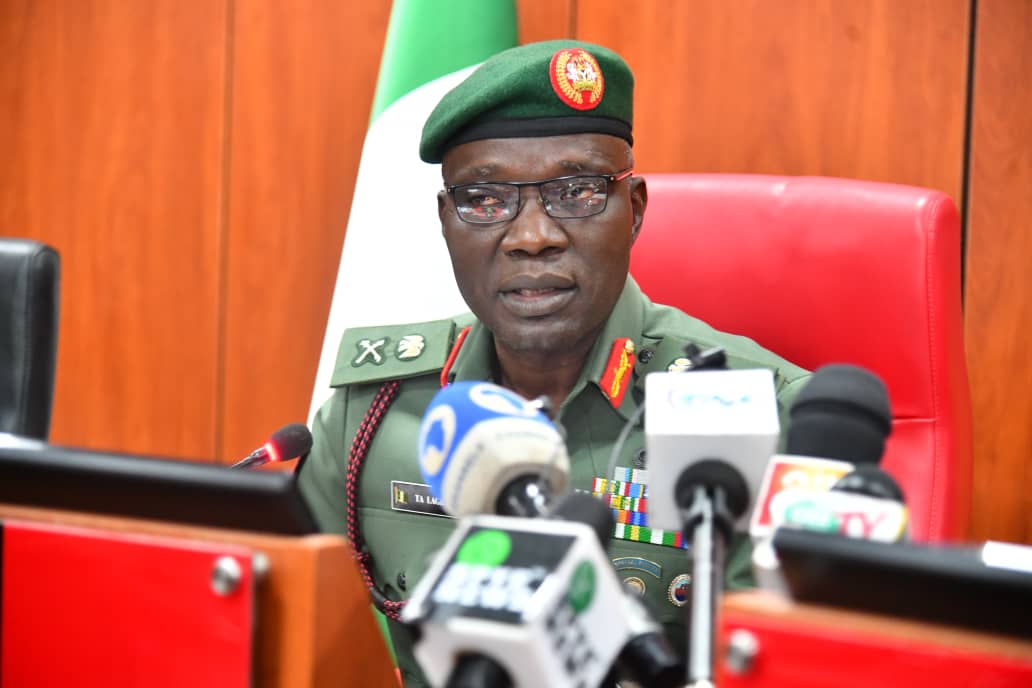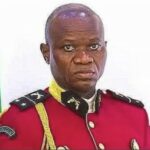
He said this was evident in their usage of the Improvised Explosive Devices which were aimed at sending shivers down the spines of law-abiding citizens.
The army chief spoke while receiving the Under Secretary General, United Nations Office for Counter-Terrorism, Vladimir Voronkov, in his office in Abuja on Thursday.
Lagbaja said the service was ready to collaborate with the organisation to restore peace to troubled parts of the country.
He said, “We are open to working with the UN. Combatting terrorism requires both an offensive and constructive approach. The Nigerian Army has been engaged In the fight against terror in the North East and presently we are engaged in banditry who have employed some of the tactics of the terrorists such as the use of improvised explosive devices to instill fear in the minds of law-abiding citizens.
“We are poised and ready to cooperate with critical partners especially the UN office for counter-terrorism. The Nigerian Army is not only focusing on the offensive approach, we know that no matter how long we conduct our kinetic operations, we need to bring in the non-kinetic approach to bear in other to have a stable environment. ”
Lagbaja specifically sought the support of the UN and other organs of the organisation on the deradicalisation programme for the repentant terrorists.
He said, “The Nigerian Army through our efforts over the years has brought repentant terrorists to our holding facilities. We are looking forward to the support of the UN and even other organs of the UN on the DDR programme. ”
On his part, Voronkov promised that his organisation would build Nigeria’s capacity to detect, investigate and prosecute terrorism-related offences.
He said, “We look forward to further deepening our partnership with the Nigerian Army and the need for increased multilateral collaboration to support Africa in addressing an evolving terrorism threat on the continent.
“We also look forward to formalising the existing cooperation in countering terrorism. We will also like to build Nigeria’s capacity to prevent, detect, investigate, and prosecute terrorist offences by collecting and analysing them. “




